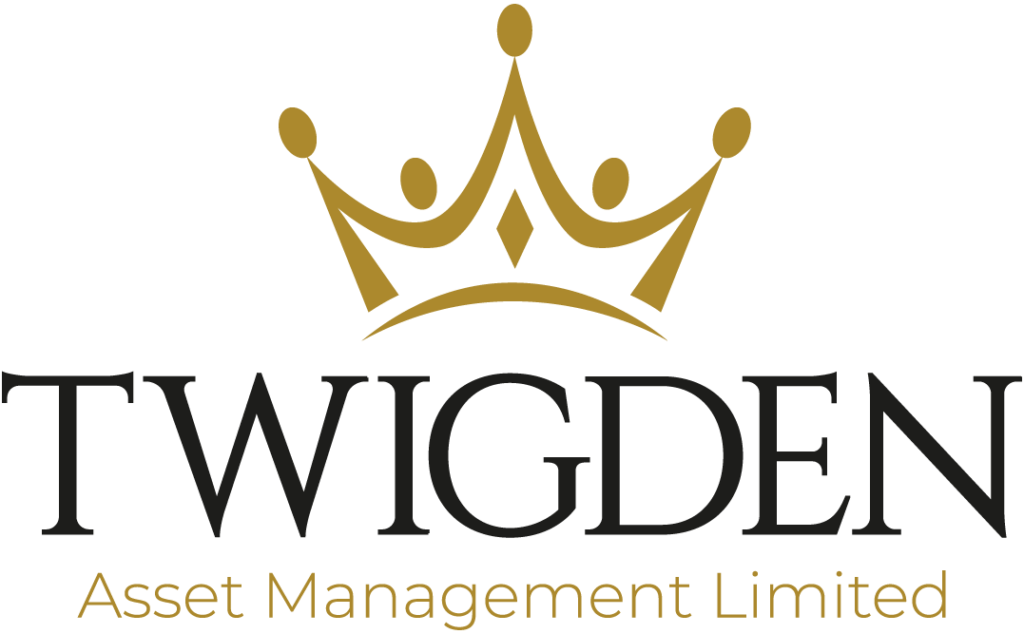Inheritance tax and pensions…
IHT, pensions and the new rules….
Key Highlights
- From 6 April 2027, most unused pension funds and death benefits will be included in a person’s estate for IHT.
- Personal Representatives (PRs) — not pension scheme administrators — will be responsible for reporting and paying IHT.
- Mandatory IHT Payment from Pension Funds: If requested by the beneficiary and certain conditions are met (e.g. liability over £4,000), the pension scheme must pay the IHT from the pension.
- Voluntary Option: Pension schemes may choose to pay IHT even if conditions aren’t met.
- Timing: If mandatory, the scheme has 3 weeks to pay after a valid request or becomes jointly liable.
- Tax Implications: If the member died after age 75, remaining funds (after IHT) are subject to income tax.
—–
In October 2024, it was announced that from April 2027 pensions would be included in an individuals estate on death.
On July 21st HMRC published two updates:
- Feedback on the consultation
- Draft legislation for applying the IHT on pension
This publication also confirmed for definite the Government’s decision to proceed with plans to bring pensions within the scope of IHT, effective from 6 April 2027.
Feedback from technical consultation
HMRC received over 600 responses to the technical consultation, many of them expressing concerns that the proposed process needed changing as it would cause delays and unnecessary complications.
Initially, it was proposed that pension scheme administrators (PSAs) would handle the reporting and payment of IHT on pensions. HMRC has instead decided that the personal representatives (PRs) will handle the reporting and payment of IHT on unused pension funds and death benefits, starting from 6 April 2027.
The proposed changes involve amending the Inheritance Tax Act 1984 (IHTA 84) to include pensions, rather than modifying pensions legislation itself. As a result, guidance will be incorporated into the existing IHT Manual, not pension scheme rules. This distinction means pension providers will need to apply established IHT principles and procedures, rather than develop bespoke rules specific to pension arrangements.
Process: pension scheme administrator pays
The PRs can pay the IHT due on the entire estate (including the pension) directly from funds within the free estate. This must be paid within six months of the date of death of the member or interest applies.
However, this could cause problems where the pension beneficiaries are not the same as those who inherit the estate’s assets. So, as an alternative the beneficiaries could ask the scheme administrator instead to pay only the IHT due in respect of the pension scheme from pension funds.
Mandatory: if the beneficiary requests it, then the pension scheme must pay the IHT due from the pension funds if there is sufficient money in the pension account, the benefits have not yet been paid, and if that part of the overall IHT liability is over £4,000.
Voluntary: in addition, the pension scheme can choose to voluntarily offer to pay the IHT (even if the above conditions aren’t met)
Timescale: if the scheme administrator is required to pay the IHT liability (i.e. only mandatory not voluntary), then the pension scheme has three weeks from a valid request to make the payment, or else they become jointly liable for the IHT on the scheme’s assets.
Later request from the beneficiary to reimburse the estate: if the PR has paid the entire IHT due but some of it is attributable to the pension and the PR cannot recover that amount by reducing any other assets payable to the beneficiary, then the beneficiary has to pay back (reimburse) the PR so that they can distribute the rest of the estate.
This will trigger the process above and the beneficiary can ask or request the scheme administrator makes the IHT payment from the pension scheme. This will prompt a reconciliation by HMRC which will pay the pension scheme IHT liability back to the PR.
Payment of death benefits
Income tax: if the scheme administrator pays the IHT from the pension fund, then the remainder is liable for income tax if the member died after the age of 75.
Where the scheme administrator pays IHT and HMRC later reimburses the estate following a reconciliation, the returned amount is taxable on withdrawal. The consultation confirms HMRC will develop mechanisms to refund overpaid tax where both income tax and IHT apply, though details are still awaited
